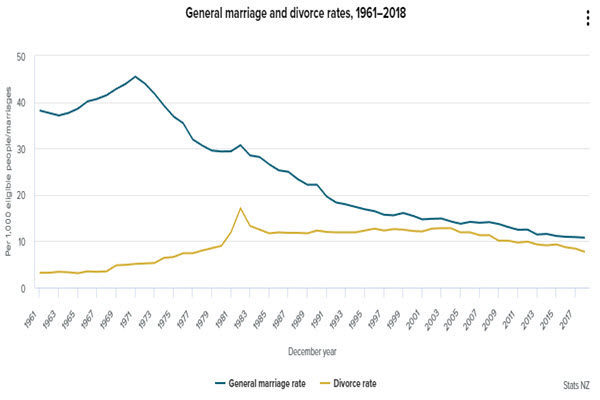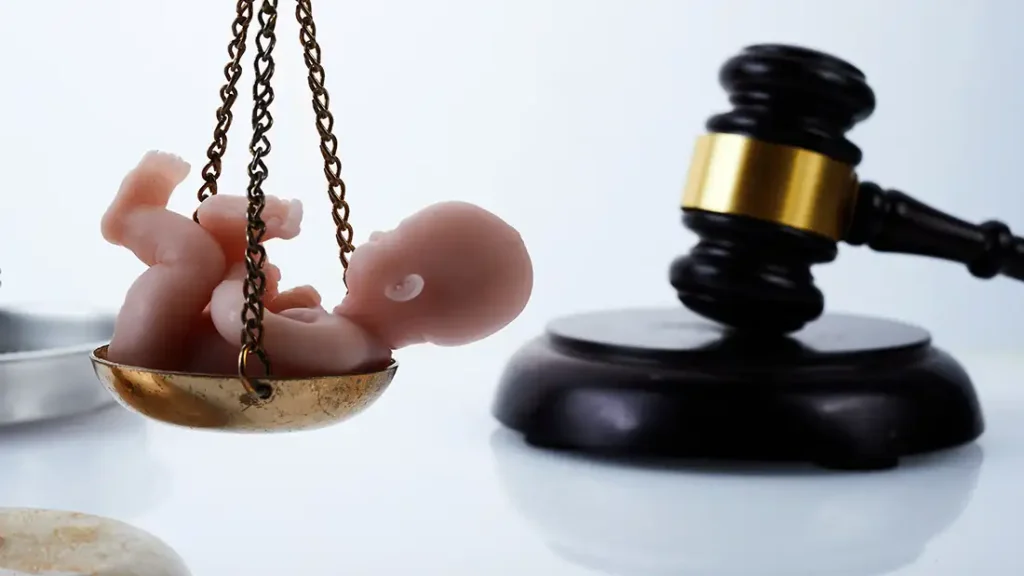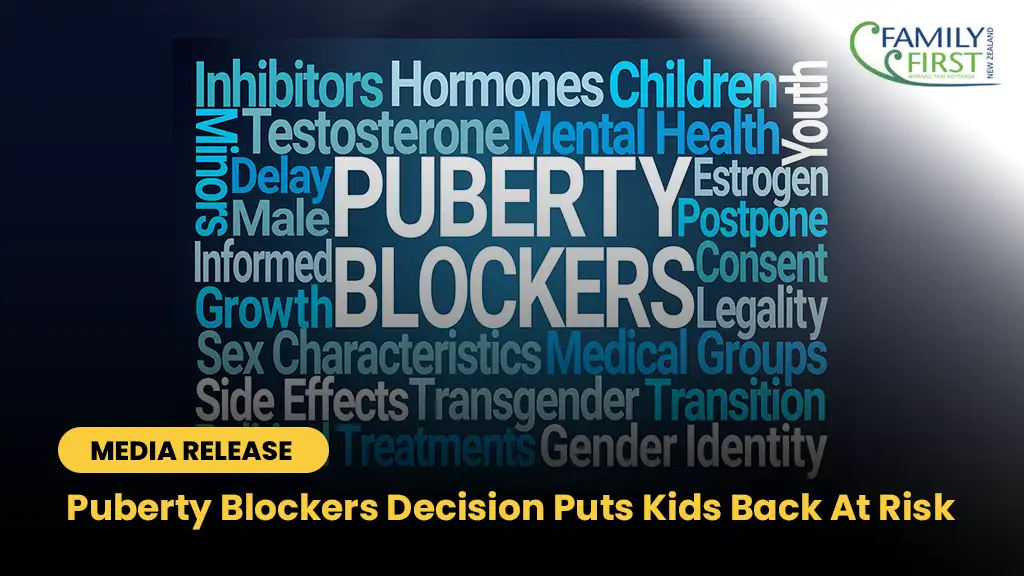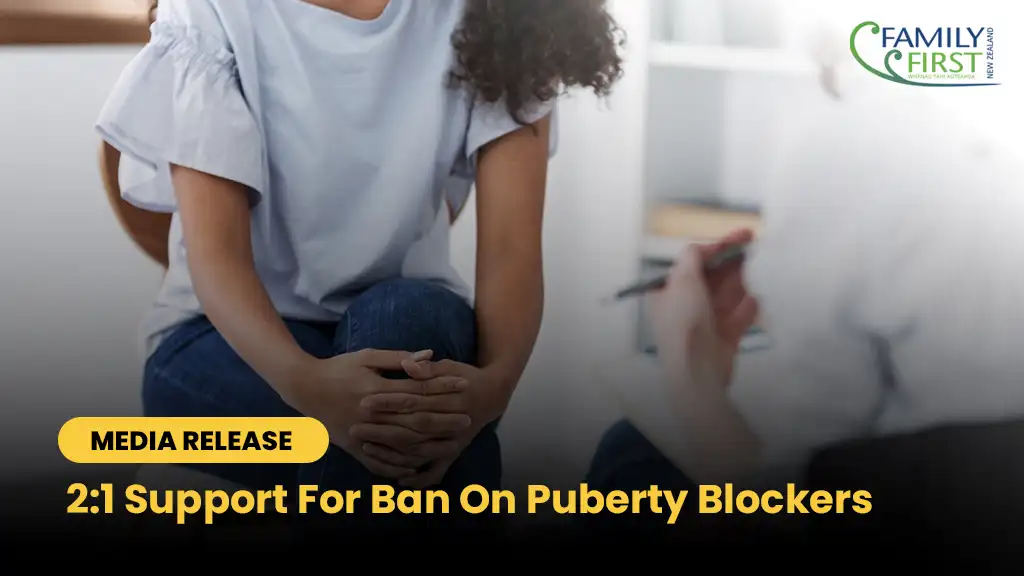Media Release 3 May 2019
Family First NZ is warning that the declining marriage rate is a disturbing link to social problems in our society including rates of child abuse, domestic violence, teen crime and child poverty.
“According to statistics just released, the general marriage rate in 2018 is 10.8 couples marrying per 1,000 people eligible to marry – less than half the rate in 1988 and follows a general decline since the peak in 1971 when the marriage rate was 45.5 per 1,000. We should be concerned that marriage rates are at a shocking all-time low. The weakening of marriage is one of the most important social issues we are facing,” says Bob McCoskrie, National Director of Family First NZ.
“A recent report on child abuse and its causes argued that the ‘elephant in the room’ is family structure, and that the growth of child abuse has accompanied a reduction in marriage and an increase in cohabiting and single-parent families. The report follows on from an earlier report (released in May 2016) on child poverty and its similar link to family structure, and a report on imprisonment rates (released in June 2018). That report stated that if the government doesn’t want to keep building more prisons, it needs to look to the children who are potentially tomorrow’s offenders and acknowledge the role family stability plays.”
“The statistics are clear. Children being raised by their married biological parents are by far the safest from violence – and so too are the adults. But whenever marriage is promoted, it has often been labelled as an attack on solo or divorced parents, and that has kept us from recognising the qualitative benefits of marriage which have been discovered from decades of research. In virtually every category that social science has measured, children and adults do better when parents get married and stay married – provided there is no presence of high conflict or violence. This is not a criticism of solo parents. It simply acknowledges the benefits of the institution of marriage.”
According to The Heritage Foundation, an influential US research institute, an analysis of social science literature over 30 years shows that the rise in violent crime parallels the rise in families abandoned by fathers. The research indicated that a 10% increase in children living in single-parent homes leads typically to a 17% increase in juvenile crime. The Heritage Foundation research found that while the finger often gets pointed at certain racial groups, the real variable is not race but family structure. It’s just that the incidence of broken families is much higher in the racial groups often cited.
According to Why Marriage Matters – a report co-authored by 13 leading social-science scholars, including Professor William Galston, a domestic policy adviser to the Clinton administration – parental divorce or non-marriage appears to increase children’s risk of school failure, the risk of suicide, psychological distress, and most significantly, delinquent and criminal behaviour.
Cohabitation in the 21st Century released in 2011 by British social reform organisation the Jubilee Centre found that married couples with children are 10 times more likely to stay together than defacto couples – and marriages last an average of four years longer if partners haven’t lived together before getting married.
And a 2008 report by the NZ Institute of Economic Research estimated that the fiscal cost to the New Zealand taxpayer of family breakdown and decreasing marriage rates is at least $1 billion per year and has cost approximately $8 billion over the past decade.
“On average, children raised by married couples have the best outcomes in health, education and income, and by far the lowest involvement with the criminal justice system. Marriage – whether preceded by a period of cohabitation or not – remains the more stable form of relationship. That’s why marriage is needed and why marriage matters. It’s not simplistic or intolerance. And it’s not unrealistic to teach our young and future generations that the best environment for them as parents, and for their children, is within marriage.”
“Marriage isn’t perfect, but we ignore its benefits at our peril. Governments should focus on and encourage and support what works. Our children deserve this investment in their safety and protection.”
ENDS




